I am doing a reunion tour this summer with my first real band. This is the band that toured with me during the mid ’90s. It is a time period in my career where I made a lot of fans with a well-honed touring band and a really tight live show. It’s interesting to revisit your past and reflect on who you are, who you thought you were, and how you got to where you now are. I’ve been listening to all of our old records and watching live videos, trying to pull my head around the songs. In doing so, I’ve been thinking a lot on what makes a great guitar player as I try to filter what I want to get out of what people saw in my playing in my 20s.
Maybe it was because I am so indoctrinated in the “less is more” school, but rarely does fiery playing impress me, unless it is really conditioned by some deeper meaning. I could care less about what modes or scales someone is using. That seems to have more place in calculus than in music, yet many of our guitar heroes are heralded for their ability to superimpose extraordinary technique over otherwise boring material. I feel like at a certain point, the ego destroys the message. I see some of this in my early playing, and thinking back, it has been a pretty natural process to try to grow past this into more three-dimensional musical thought. This does not discount emotional intensity, but without context it is simply unimportant to me.
I understand this is a slippery slope. It truly is dancing about the architecture. We see what we need when we need it, so to discount someone for being fascinated with a player’s impressive sweep technique is not my intention. It’s just that the tools are important in the context of the whole. I don’t want to know how you swing the hammer, I want to know how it integrates into the whole building. There are the songs however where the guitar truly rises beyond its role and those are moments I treasure as a guitar player.
I would offer up Wilco’s “Hell is Chrome” as a solo that has so much power and emotion that it truly serves its space in the song. I hear pain and anguish, almost filling in words that make the sung verses more poignant. Jeff Tweedy seems truly free of technique in a way that makes every note ring honest in my ears. I don’t hear patterns, I hear the randomness of fear and weakness, and it trenches deep into my heart.
There are certain things that are simply good as they are. When Albert Collins hits that note and wriggles it for 10 seconds, you know beforehand that he is going to do that, and the very setup is what makes it brilliant. It is scripted-yet-raw emotion that he puts into the phrase. I tend to get lost, however, when I listen to some players run their scripts without the rawness. It makes me think linen suits and cocaine—a sly smirk passed under a wine cooler. Even with some really exceptional players I fall off the wagon of belief when there is too much suave sophistication. I get it. They are jumping out of the patterns, but are they really? Its like little teases into the realms of chaos. NO! I want the player to fall into the chasm and see them on the other side- that is some action!
When Jeff plays the solo, I feel it. Bloody, honest, warty, and human. I love it and I open my heart to the cry, the bond. In contrast, there are so many phenomenal contemporary players with great touch and unbelievable tone. They have miles more technique than Tweedy, with solos nuanced and intricate. But often the sum of these is the very thing that pulls me away from the moment and the emotional point. The magic lifts and the acrobatics make me focus less on the emotion and more on the actual tricks.
I do know that many of us vacillate quite a bit in what we listen to—we are constantly readjusting the balance of head and heart. Sometimes the language does romance us enough, and other times we more of the body. There are times when sitting down with a great player’s music can fill my soul, but I typically feel closer to the music when the player is not obscuring the song. Ironically, I would say I even notice the player more with the latter. Maybe I am simply more of a team sports guy and less of a child pageant guy. I’m open to analysis.
I’m thinking a lot about this as I wade through the back catalog of my own playing. There are poignant moments that strike me as honest, but I also see some really blunt attempts in the subtler shades of expression. There are lots of derivative patters, as well as a sometimes-myopic focus on time-worn effects like “quiet-LOUD” and “anger-sad.” I recognize that this is an obvious reflection of an older player who has been playing for a while and, god forbid, it could have the negative effects of making me too self vigilant and sane—obvious retirement homes for any adventurous ideas. But I feel like, if nothing else, I gained a little bit of insight by being forced to look at my own playing so much recently.
So I challenge you to do the same—check out your own early work and see where it takes you. And if you haven’t, check out the song “Hell is Chrome” off of A Ghost is Born. Though I’m a huge Nels Cline fan, I have to say that this is my favorite Wilco moment on tape!
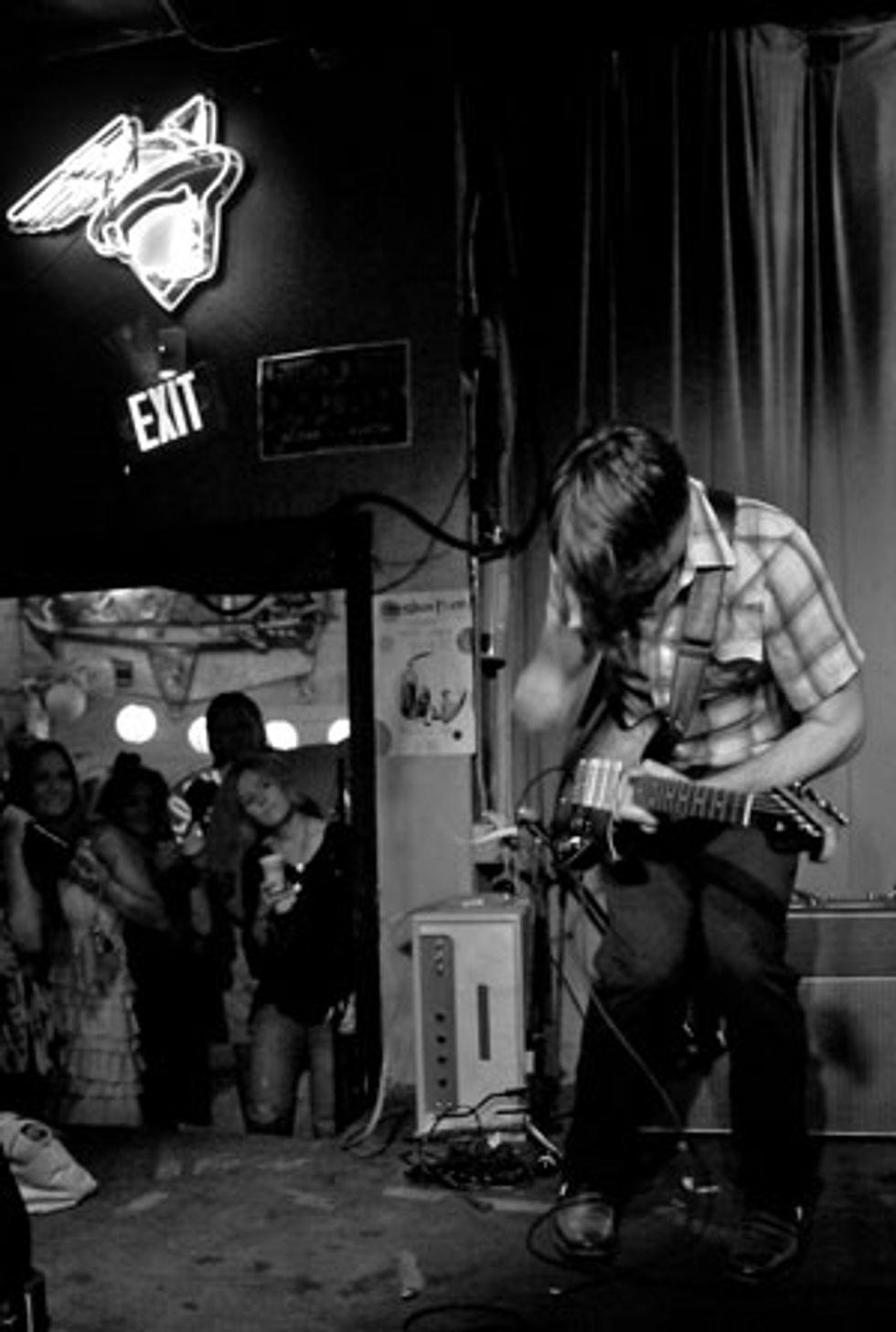 Ian Moore is an Austin, Texas-based guitarist who has had his hands in a bit of everything related to guitar, from an acclaimed solo career to building and modifying his own gear to being a sideman for pop star Jason Mraz. ianmoore.com
Ian Moore is an Austin, Texas-based guitarist who has had his hands in a bit of everything related to guitar, from an acclaimed solo career to building and modifying his own gear to being a sideman for pop star Jason Mraz. ianmoore.com








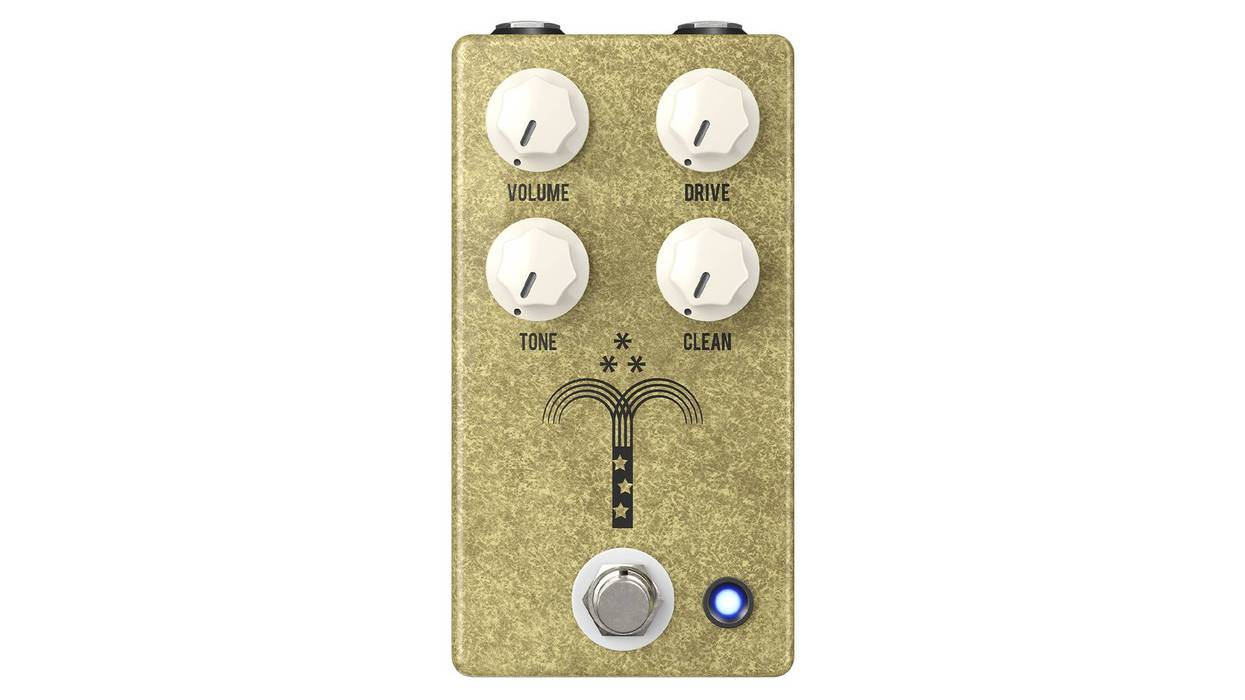
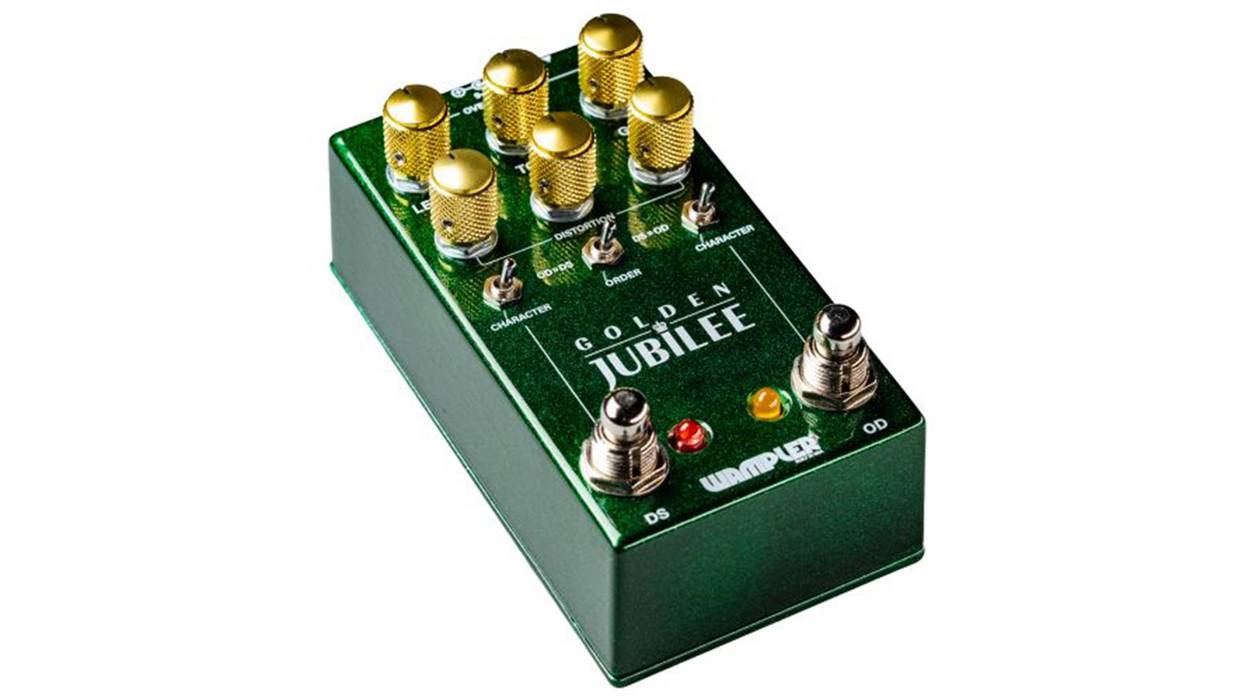
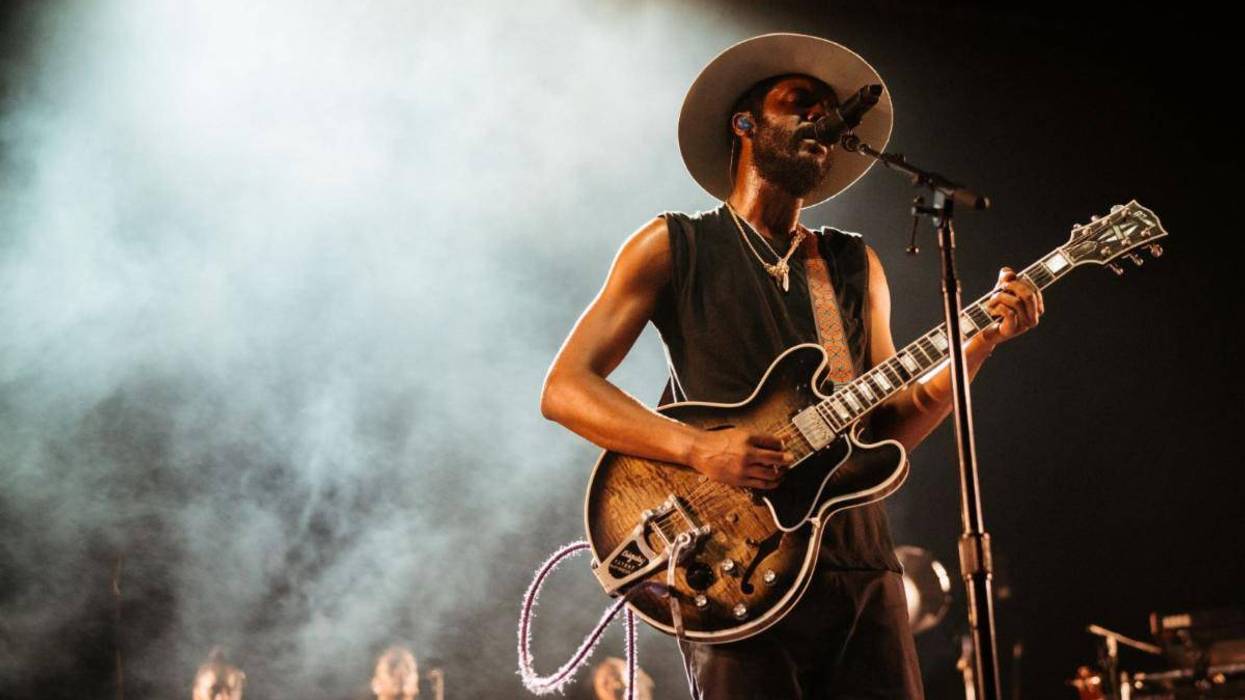
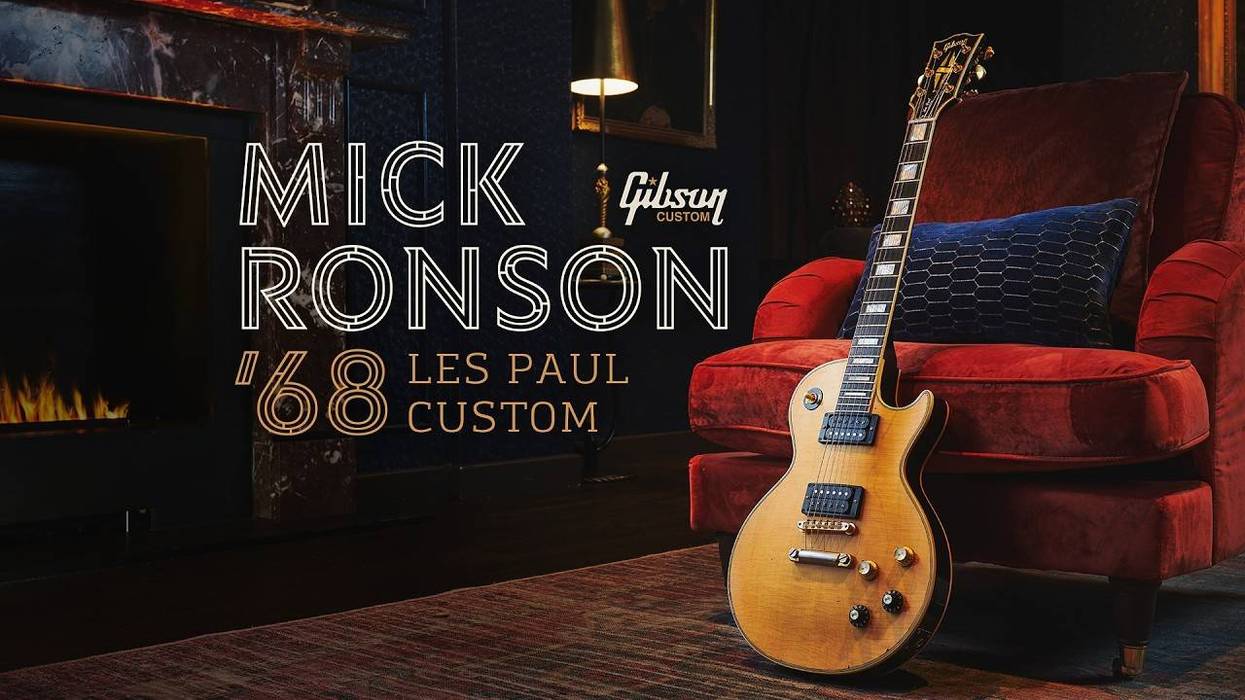
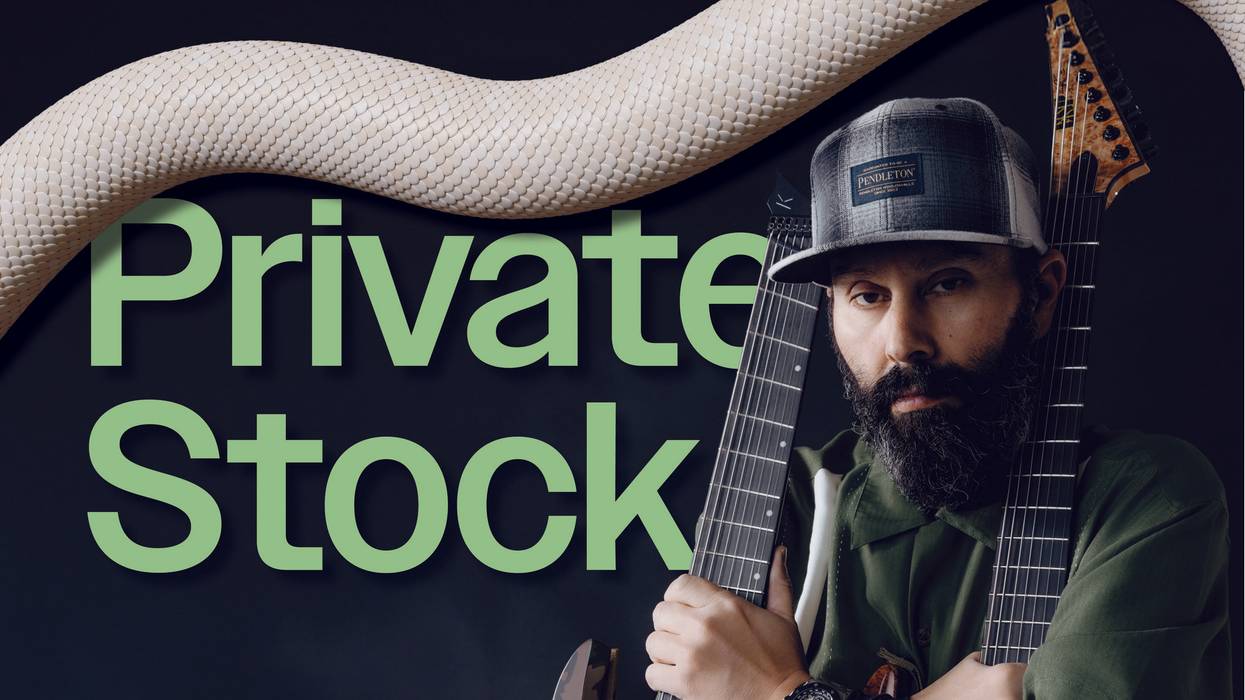


![Rig Rundown: Russian Circles’ Mike Sullivan [2025]](https://www.premierguitar.com/media-library/youtube.jpg?id=62303631&width=1245&height=700&quality=70&coordinates=0%2C0%2C0%2C0)
















![Rig Rundown: AFI [2025]](https://www.premierguitar.com/media-library/youtube.jpg?id=62064741&width=1245&height=700&quality=70&coordinates=0%2C0%2C0%2C0)











